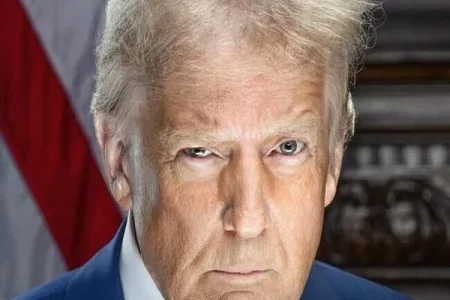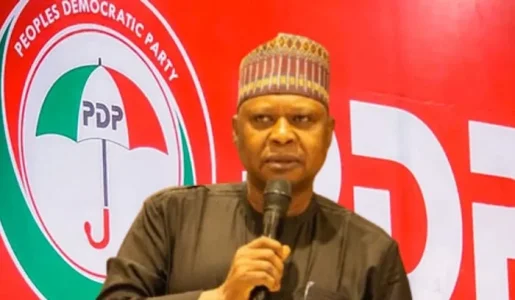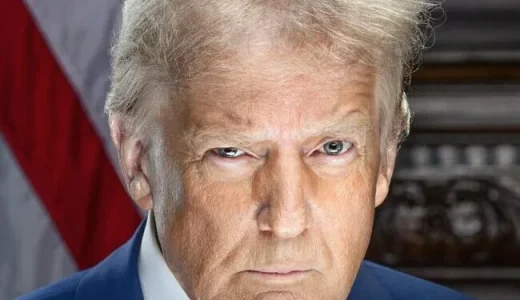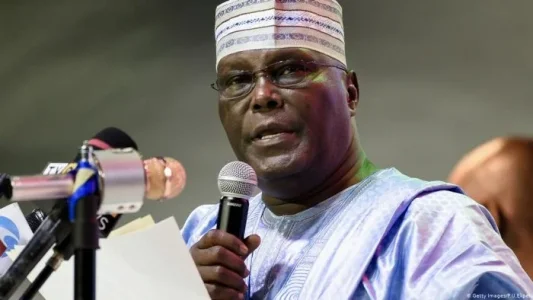
Donald Trump’s sweeping new tariffs on global imports have triggered a backlash from major economies, including China, the EU, Japan, and Canada. Nations are considering countermeasures, warning of economic instability and trade wars. As tensions rise, global leaders weigh diplomatic solutions or further retaliation against the U.S. tariffs.
U.S. President Donald Trump’s sweeping new tariffs on global imports have sparked widespread international backlash, with major economies condemning the move and vowing countermeasures.
China strongly opposed the tariffs, calling them a violation of international trade rules. Beijing has warned of retaliatory actions to protect its interests, as Washington imposed a steep 34% tariff on Chinese exports. The European Union also criticized the decision, calling it a “serious blow to global trade” and hinting at potential countermeasures.
Germany’s industrial sectors, including the automotive and chemical industries, voiced concerns that the tariffs would hurt businesses and global supply chains. Meanwhile, Japan’s trade minister expressed deep regret, warning that the tariffs could strain economic relations. India, facing unexpected tariff hikes, acknowledged the impact on demand but saw opportunities as other nations were hit harder.
The UK adopted a cautious approach, emphasizing its commitment to trade talks with the U.S. while keeping options open for possible countermeasures. France and Italy also denounced the tariffs, warning of negative consequences for Western economies.
In North America, Canada strongly opposed the move, pledging to implement reciprocal measures to protect its industries. Brazil, a major steel exporter to the U.S., is weighing legal and economic responses. South Korea, Australia, and Switzerland have also raised concerns, with leaders stressing the need for diplomatic negotiations.
As tensions escalate, global markets brace for uncertainty, with leaders debating whether to engage in further retaliation or seek resolutions through negotiations.




